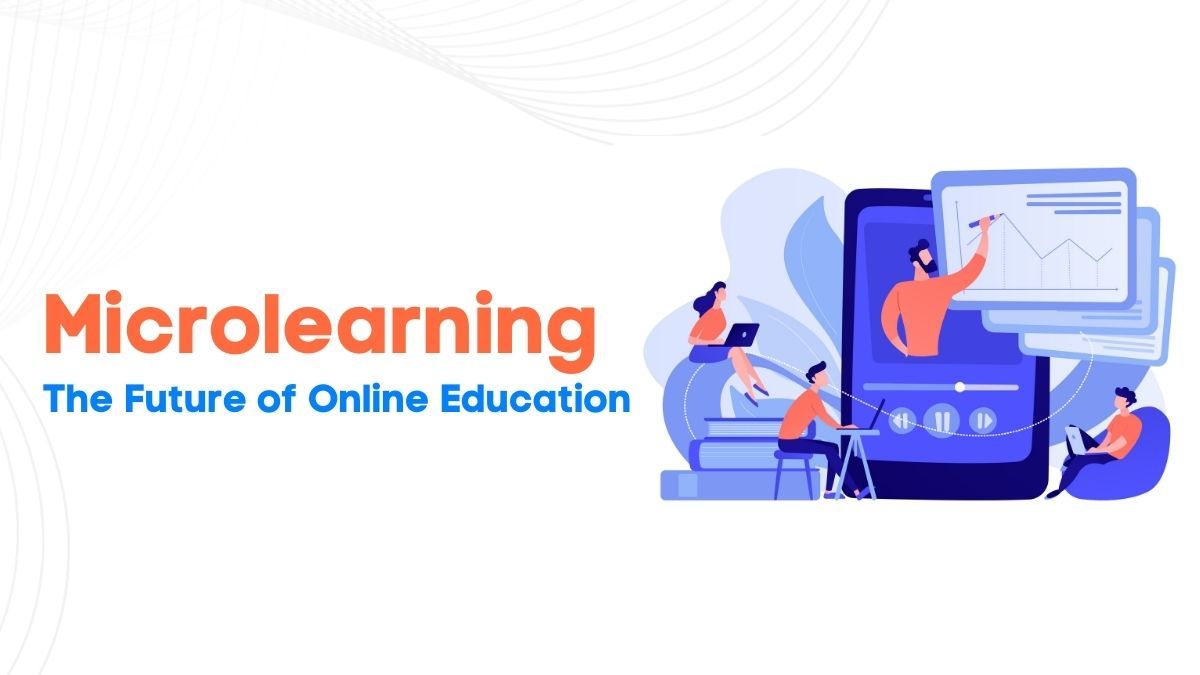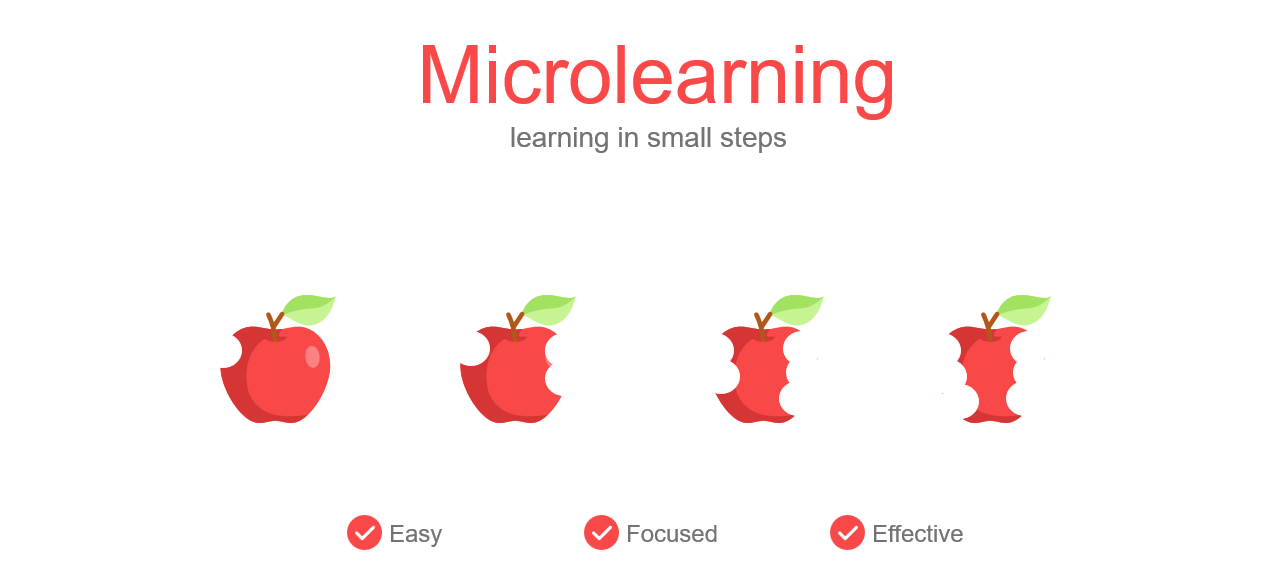Microlearning: The Future Of Online Education

In the fast-paced digital era, traditional methods of education are being revolutionized by new approaches that cater to the evolving needs of learners. One such innovative concept is microlearning, which has gained significant traction in the realm of online education. But what is micro-learning, and how can it benefit eLearning platforms? Let's dive in to know more about it!
What is Microlearning?
Microlearning is a new form of online education that is increasingly popular. It is characterized by brief, bite-sized lessons that are easy to digest and focused on specific tasks and goals to improve retention. This type of learning promotes collaborative learning, reduces cognitive overload, and offers multi-modal learning experiences in various formats.
Benefits of Microlearning for eLearning Platforms
As the demand for online education grows, eLearning platforms increasingly turn to microlearning to deliver impactful learning experiences. Microlearning benefits learners and online platforms with cost-saving advantages.
Microlearning enhances user engagement and experience by breaking down content into bite-sized pieces for easy retention and reduced overwhelm. Learners have the flexibility to access information at their own pace, choosing which topics to focus on and the time spent on each lesson.

Along with enhanced user experience and flexibility, microlearning brings cost savings for platforms through the repurposing of existing content into shorter modules for different audiences. The incorporation of gamification elements increases user motivation and engagement with the platform's content.
Overall, microlearning presents exciting potential for revolutionizing online education through enhanced user experience, cost savings, flexibility, and gamification.
Enhancing Learner Engagement with Microlearning Platforms
As we move into 2023, microlearning is increasingly popular in enhancing learner engagement in eLearning. Microlearning platforms provide short, focused lessons that can be completed easily. This type of learning is beneficial for instructors and students. Microlearning delivers educational content in small chunks or modules rather than long lectures or courses. Benefits include delivering quality content while requiring little time commitment, allowing learners to focus on specific topics without being overloaded, providing an engaging and interactive environment, and easier assessment.
To increase learner engagement, encourage interaction through discussion forums, incorporate gamification elements, and use video conferencing technology. Incorporating microlearning requires careful planning, including ensuring relevant topics are covered and keeping things concise. Tracking student progress and receiving feedback surveys are essential. Using multimedia elements such as videos alongside text-based content will ensure user engagement. Overall, any approach taken should be easy to understand and follow to achieve desired outcomes.
Here are Some Ways How BrainCert Can Help in Microlearning:
Content Creation and Delivery: BrainCert provides tools for creating and delivering microlearning content in various multimedia formats. It allows educators to design concise and targeted microlearning modules that align with specific learning objectives.
Learning Management System (LMS) Features: BrainCert offers a comprehensive Learning Management System that facilitates the organization and management of micro-learning content. Educators can create structured learning paths, schedule and deliver microlearning modules, and track learner progress. The LMS features allow for easy assignment distribution, learner engagement tracking, and performance assessment within a microlearning framework.
Mobile Compatibility: Microlearning is often consumed on mobile devices due to its bite-sized nature and on-the-go accessibility. BrainCert is mobile-friendly and responsive, ensuring that learners can access microlearning content seamlessly from their smartphones or tablets. This compatibility enhances the convenience and flexibility of microlearning, enabling learners to engage with the content anytime, anywhere.
Collaboration and Engagement Tools: BrainCert provides collaboration and engagement tools that foster interaction and participation within microlearning experiences. These tools include live chat, discussion boards, virtual classrooms, and interactive whiteboards. Learners can connect with instructors and peers, ask questions, seek clarification, and engage in discussions related to the microlearning content, promoting active learning and knowledge sharing.
Assessment and Analytics: Effective assessment is crucial in microlearning to gauge learner understanding and measure the impact of the content. BrainCert offers assessment features like quizzes, assignments, and exams to evaluate learner progress. Besides, the platform provides detailed analytics and reporting capabilities, allowing educators to track learner performance, identify areas of improvement, and make data-driven decisions to enhance the microlearning experience.
In Conclusion:
As we conclude, it becomes evident that microlearning is not just a passing trend but a transformative approach to online education. With its ability to provide focused, engaging, and personalized learning experiences, microlearning is poised to shape the future of education. By embracing this learner-centric approach, educators can enhance learner engagement, improve knowledge retention, and cater to the dynamic needs of learners in the digital age. To take advantage of the benefits that microlearning offers, consider integrating it into your eLearning platform today!
